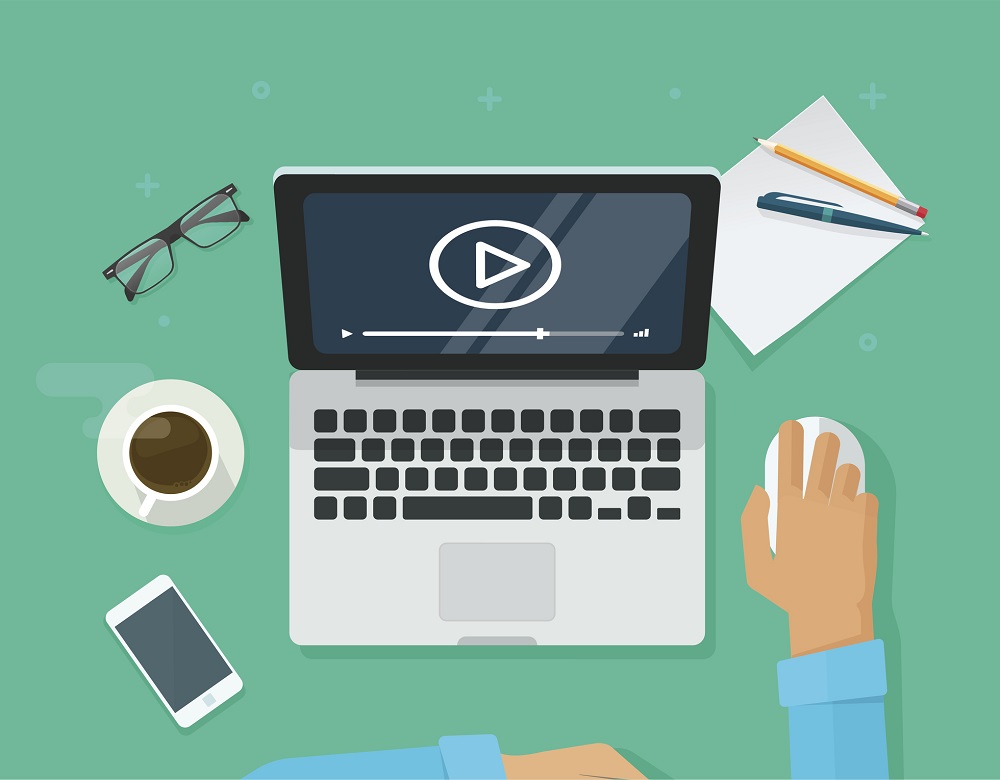
5 Software Skills You Need to Succeed as a Paralegal – Without Being a Techie
As a paralegal or legal assistant, you’ve surely noticed your job involves more technology than ever before. From the computer on your desk to the smartphone in your hand, technological tools are must haves for any paralegal. Yet you also must master the software that makes these tools useful in order to increase your value in the legal field. Although all kinds of niche software exists and you can say “There’s an app for that,” and you’ll likely be right, you don’t have to master all kinds of different software programs, only a few. In fact, you don’t even need to be a techie.
Below are five software tools that are relevant to your work as a paralegal or legal assistant. Read on to see how you can use each to improve your work performance and even productivity:
Word Processing
Word processing software is the modern-day typewriter, and it’s an absolutely essential tool. You use it to draft letters, briefs, and other important documents. But word processing can do so much more than a simple typewriter could ever hope to! With this software, you can format text, add bookmarks so a reader can jump forward to certain content, automatically generate a table of contents, insert footnotes and page numbers that update on their own, track revisions, add and reply to comments, hyperlink text to a web page, and so much more.
You probably know the basics of word processing software, the most common of which is Microsoft Word (usually included as part of the Microsoft Office software suite). It’s worth your time to learn more of the capabilities offered, however, and go beyond simply typing. Word processing software can be a huge help in increasing your productivity once you learn how to use more of its features.
Online Research
Are you still using Google to do your online research? Google is great, but you should also use more legitimate resources when you’re doing research for a case. Google’s results are not vetted, and you could end up wasting time trying to verify information you find that way.
Learn to use scholarly software for research instead. Two popular programs for legal research are LexisNexis and Westlaw. Getting familiar with these tools means you’ll have more accurate information in your reports, which is a time saver when you don’t have to verify. Plus being familiar with the tools means being able to find what you’re looking for faster, and being a resource for others in your office.
Billing Software
The legal field is powered by billable hours, so mastering a timekeeping software program is imperative. Don’t settle for just any solution, however. Do your research. Search online to understand the basic components of the popular programs and look for reviews to see what other paralegals have to say. A few of the popular timekeeping programs you might want to consider are Elite, Tabs3, Clio and Abacus.
As with the word processing software and research tools, the better you know the billing software, the more productive and valuable you will be as a paralegal. And using this kind of software tool for tracking billable hours means more accurate reporting so you can charge clients with confidence.
Document Management
Although we likely won’t ever see the end of paper, law firms are getting increasing digital in the management of their documentation by using document management software. This can be something free like DropBox or Google Drive, or one of a host of solutions listed on this extensive page by Capterra.
Document management software is not only a huge time saver, but also a huge help in organization and efficiency. With document management software, people can access the documents from anywhere they have an Internet connection. This means if you need a certain paper during a client meeting, it’ll be right at your fingertips. It also means others can easily access documents without relying on you to find and email the documents to them. (Added bonus: Your desk space will be significantly neater and easier to navigate.
But—as with any of the tools described here—the real benefits come from the tool when you know how to use it effectively, taking advantage of the time-saving features built in.
Presentation Building
Usually when we talk about creating presentations, we are talking about Microsoft PowerPoint, but that’s not the only software around. In fact, we found 36 alternatives described here. Take a look and see which one might be the best fit for you. Then learn to use it so you can quickly put together an effective, powerful presentation. Granted, software alone won’t make a great presentation. You need to now how to condense information appropriately, for example. But knowing how to use the tool will give you a good head start.
Of course, the marketplace offers dozens of other software tools for the legal field. Capterra has a nice short list of free legal software here, and this blog post from 2011 might be out of date, but it offers an extensive list of applications a paralegal might find useful. In addition, you might find additional resources here in the Paralegal Resources. Once you’ve mastered the five software tools we describe above, you can increase your value and productivity even more by getting to know one or more of these other tools as well. And then who knows? Maybe you’ll be considered the techie one in your law firm!
